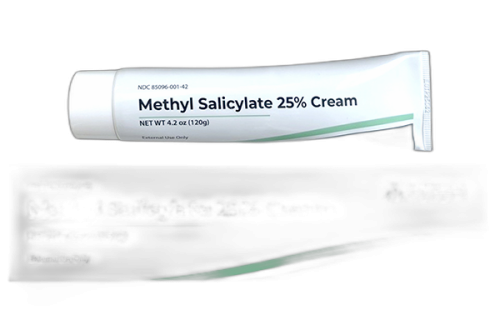Introduction
An Alzheimer’s diagnosis brings emotional challenges, but it also requires practical action. Early planning ensures that the person living with Alzheimer’s has a say in their future care, finances, and legal matters before cognitive decline progresses. Addressing these issues early reduces confusion later, eases the burden on family members, and protects the individual’s rights and resources. This article outlines essential legal and financial steps to take after a diagnosis.
Why Early Planning Matters
Alzheimer’s is progressive, meaning decision-making ability will decline over time. Early legal and financial planning:
- Preserves autonomy by allowing the person to make their own choices while they can.
- Ensures that wishes regarding healthcare and finances are clearly documented.
- Reduces family conflict by providing legal clarity.
- Protects assets and helps qualify for long-term care benefits if needed.
Essential Legal Documents
Having the right legal documents in place ensures that trusted individuals can make decisions when the person is no longer able.
a) Power of Attorney (POA)
- Durable Financial POA: Appoints someone to manage finances, pay bills, handle investments, and deal with property matters.
- Durable Medical/Healthcare POA: Authorizes a chosen person to make healthcare decisions if the individual cannot.
b) Advance Healthcare Directive (Living Will)
- Outlines medical treatment preferences, such as life support, resuscitation, and end-of-life care.
- Helps doctors and family make decisions in line with the person’s wishes.
c) Will and/or Trust
- Last Will and Testament: Specifies how assets will be distributed after death.
- Living Trust: Allows assets to be managed and transferred without going through probate, potentially providing privacy and efficiency.
d) HIPAA Authorization
- Grants permission for healthcare providers to share medical information with designated individuals.
Financial Planning Steps
A diagnosis can impact current and future financial stability. Key actions include:
a) Review Current Finances
- List all bank accounts, investments, insurance policies, debts, and assets.
- Identify income sources (pensions, Social Security, annuities).
b) Plan for Long-Term Care
- Research options such as in-home care, assisted living, or memory care facilities.
- Explore long-term care insurance (if still available), Medicaid planning, and veterans’ benefits.
c) Protect Against Financial Exploitation
- Limit access to sensitive accounts.
- Use joint accounts with oversight from a trusted family member.
- Set up fraud alerts and monitor credit reports regularly.
d) Budget for Care Costs
- Alzheimer’s care can be expensive; prepare for costs of medical treatment, home modifications, and caregiving.
Government and Community Resources
Several programs can help with costs and care coordination:
- Medicare: Covers certain medical expenses but not long-term custodial care.
- Medicaid: Can help with nursing home or long-term care costs, subject to income and asset limits.
- Social Security Disability Insurance (SSDI): May be available for early-onset Alzheimer’s.
- Veterans Benefits: Financial and healthcare assistance for eligible veterans.
Involving the Person with Alzheimer’s
Whenever possible, include the person in discussions and decision-making. This promotes dignity, ensures their values guide the planning, and helps them feel in control.
Working with Professionals
Consider seeking help from:
- Elder law attorneys: Specialize in legal planning for aging and incapacity.
- Financial planners: Help create sustainable care budgets.
- Geriatric care managers: Assist with care coordination and resource navigation.
Conclusion
Facing Alzheimer’s involves not only medical care but also careful legal and financial planning. Taking these steps early safeguards the individual’s wishes, protects assets, and provides clarity for family members. While it can be a difficult conversation, proactive planning offers peace of mind and ensures that both the person living with Alzheimer’s and their loved ones are prepared for the road ahead.
FAQs
When is the best time to create legal documents after diagnosis?
As soon as possible—while the person can still make informed decisions and sign documents legally.
Do I need an elder law attorney?
Yes, an elder law attorney can ensure documents are valid, address state-specific laws, and assist with long-term care planning.
What’s the difference between a will and a living trust?
A will takes effect after death and goes through probate, while a living trust manages assets during life and can avoid probate.
Can Alzheimer’s patients still sign legal documents?
Yes, if they are deemed mentally competent at the time of signing. This is why early action is critical.
How can I protect against financial abuse?
Limit access to accounts, appoint a trusted financial POA, and monitor transactions regularly.






